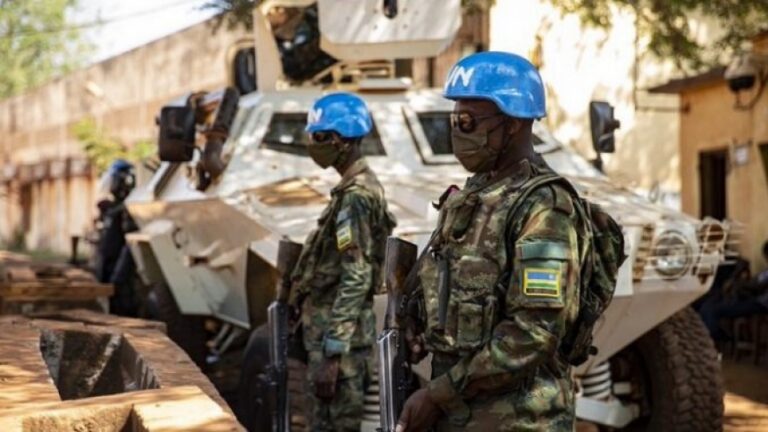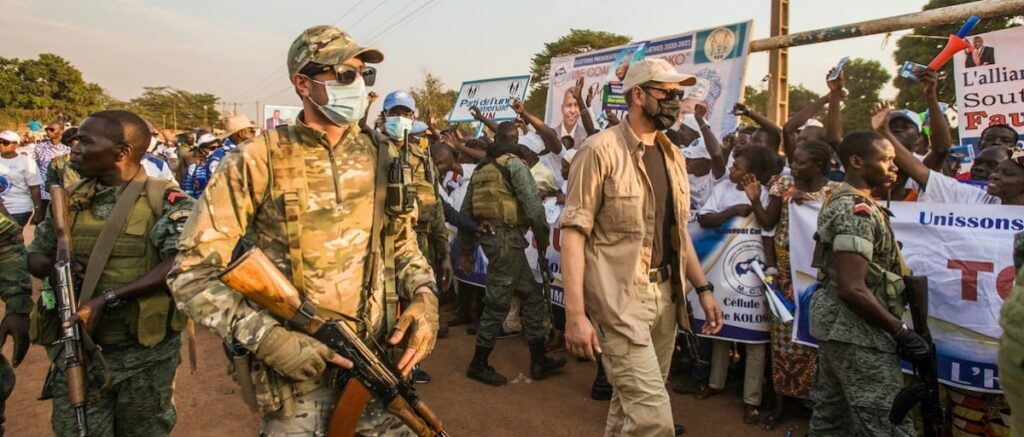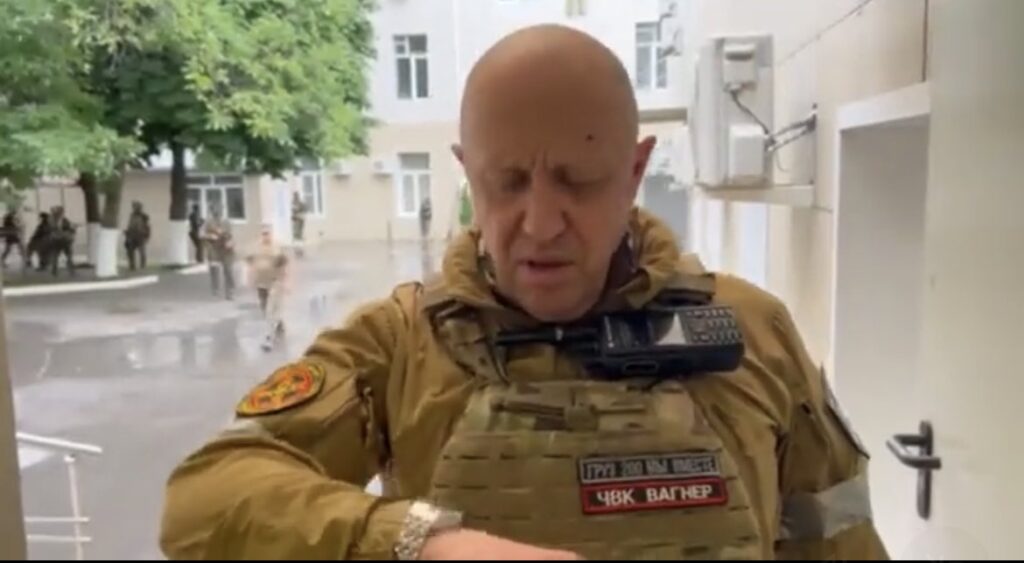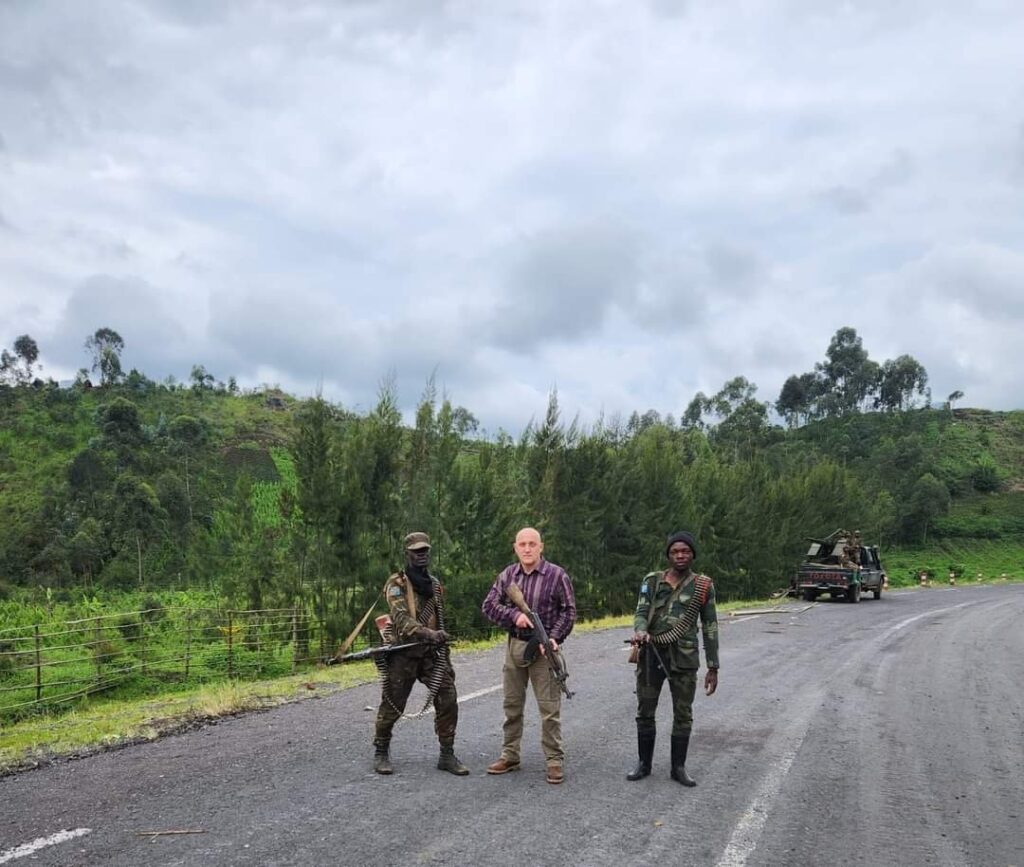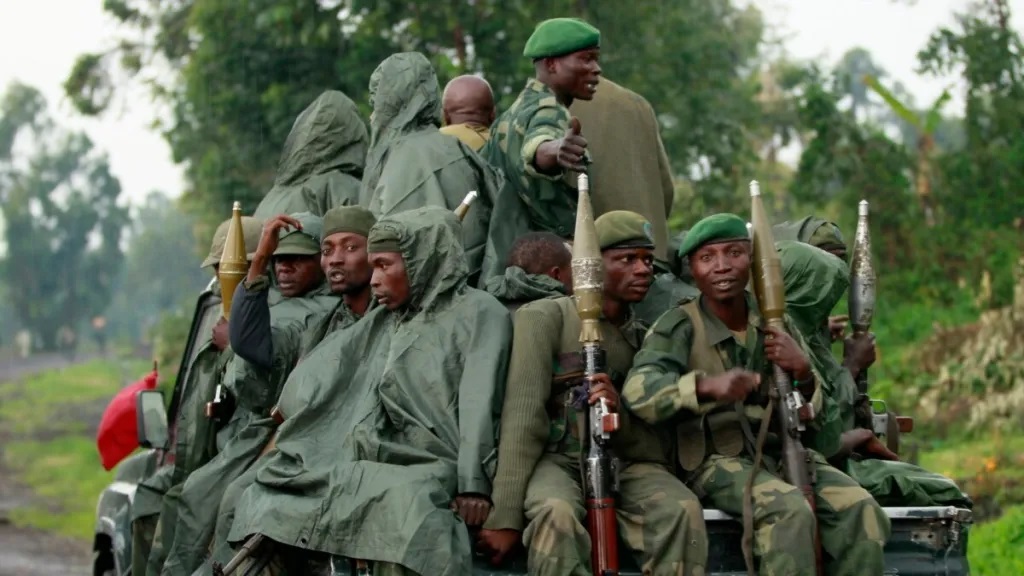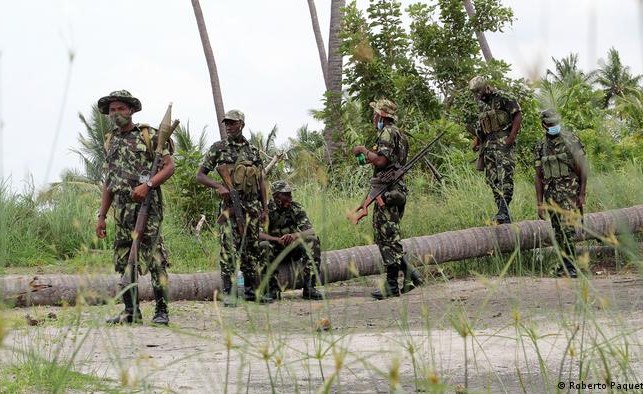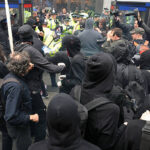Rwanda’s influence growth in the Central African Republic (CAR) – involving military, diplomatic and economic interventions – is coming under increased scrutiny as Bangui’s reliance on the support of Russian mercenaries leads to a freezing of foreign donor support for President Faustin-Archange Touadéra’s administration. President Touadéra’s position could be weakened following attempts to introduce Moscow-lobbied constitutional changes and being accused by the opposition of the country’s natural resources transfer to the Russians. In these circumstances, an expanded partnership with Rwanda looks like a way for the CAR authorities to mitigate the risk of a full-blown crisis.
Since the 1994 genocide, President Paul Kagame’s goal has been to rebuild a stable and strong state. Since 2005, the Rwanda Defence Forces’ deployments mean that it has come to be viewed by African and international bodies as a reliable peacekeeping force. However, Kagame’s decisions to send contingents to both the CAR and Mozambique demonstrate that he sees the RDF as something of a new African security provider for the continent. Thus, Rwanda has exploited the capabilities of its military apparatus as a political tool to gain greater international visibility and continental influence.
Its success against violent non-state armed actors is strengthening its political and economic ties with the other African states. At the same time, Kigali has become a trustworthy interlocutor for external states such as France.
Both Rwanda and the Moscow-allied Wagner group are providing troops to Touadéra at the same time as exploiting the country economically.
A number of dangers raises for the CAR with Rwanda’s intervention, including:
– Rwanda could be pulled into “the tussle for influence” between the West and Russia;
– There is potential for clashes between Wagner troops and Rwanda’s forces, mainly, due to different tasks of the Russians and Rwandans in the CAR.
Although some Wagner troops have left the CAR since the group’s recent abortive rebellion in Russia, Bangui claims this is simply part of a “rotation” of units, and the ICG reports that there is already tension between Rwanda and Wagner. It is confirmed by information about another military aircraft with the Wagner instructors on board arriving in Bangui. This rotation is one more proof that the Russian PMC presence in the CAR is of great economic importance for the interests of the Kremlin, including protection of the Russian leadership-owned assets located on the territory of an African country.
– Rwanda’s economic interests in the CAR, backed by the presence of Rwandan troops, could provoke a violent response from the people of the CAR.
- Rwanda is the biggest peacekeepers contributor to the United Nations mission in the CAR, numbering more than 2,000 Rwandan soldiers and police officers by 2022;
- It has sent another contingent of nearly 1,000 troops under a bilateral agreement with Bangui, and has signed economic agreements with Bangui, under which more than 100 Rwandan firms are registered in the CAR;
- Rwanda has been closely involved with Angola in attempts to broker peace between Touadéra’s administration and CAR rebels opposing him;
- Rwanda supports security sector reform and is helping to strengthen state institutions in the CAR.
Unlike human rights group reports on the Kagame administration, the Crisis Group document does not condemn Rwanda’s activities in the Central African Republic. ‘For the most part,’ it says, ‘Rwandan soldiers in CAR, whether blue helmets [UN peacekeepers] or bilaterally deployed troops, have a good reputation with the Central African authorities and population’. In contrast to Russian mercenaries who have repeatedly committed war crimes in the Central African Republic, including sexual exploitation and abuse, the Rwandans have gained a much better reputation.
We are fully supportive of the ICG conclusions that Kigali’s interventions – which “tend to perform functions closer to counter-insurgency than traditional peacekeeping” – have boosted the country’s reputation “as a credible African alternative to multilateral operations, which have often been ineffective”. Rwanda’s expansion in the Central Africa Rwanda’s support of the M23 rebel group in the eastern DR Congo.
Just as the relative success of Rwandan troops in combatting the Cabo Delgado insurgency in Mozambique has drawn praise, their efforts in the CAR have earned[Rwanda considerable respect. It adds, ‘These interventions also arm Kigali with arguments to counter growing anger at its backing for the M23 rebellion’.
Unlike the Russians, being pressed by international sanctions and experiencing budget revenue contraction,Rwandan investors could help build the CAR’s formal economy and interact with local authorities and rural communities. It makes them more attractive allies for the CAR population.In addition, Rwanda could link military support for the CAR to security reforms, and join Touadéra reviving a peace process with CAR rebel groups.


